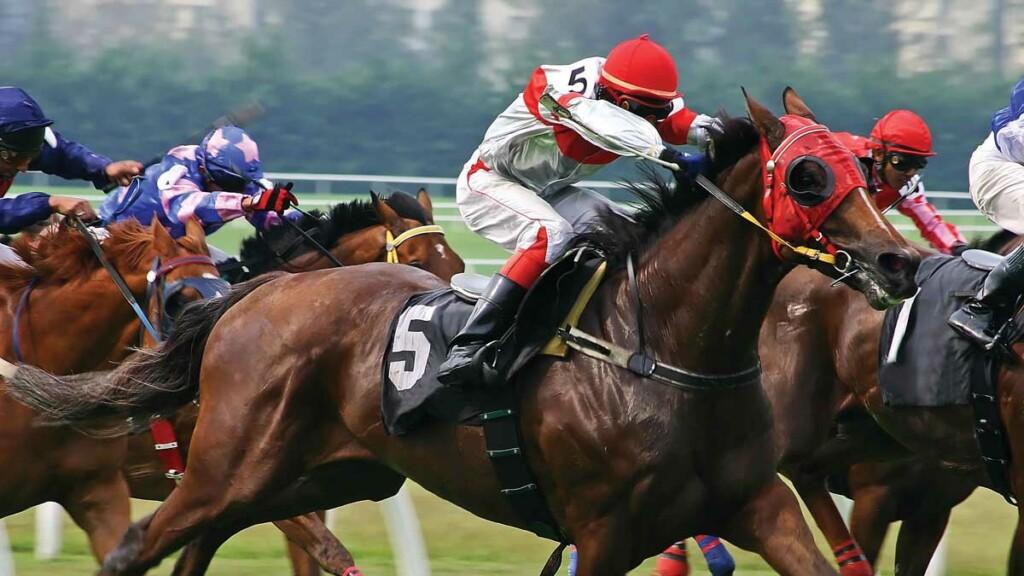betHQ
February 28, 2019
February 28, 2019

The ancient sport of horse racing has a rich heritage and culture that humbles many other sports. The sport also harbours some interesting facts and secrets that even the most enthusiastic racing fan may not know.
Here are 10 fascinating facts about horse racing.
A racehorse’s career will usually start at the age of two. Depending on what format of racing a horse competes in, it will then race competitively for up to a decade long. Flat racehorses are usually retired before the age of eight, while National Hunt racehorses can compete well into their teens. No horse over the age of 18 has ever won a race.
While historians suspect that horses were raced competitively as soon as they were domesticated, the earliest recorded evidence of horse racing dates back to ancient Greece, where depictions of horse races were captured on pottery.
The fastest recorded speed for a thoroughbred racehorse was recorded at the Penn National Racecourse in Pennsylvania on May 14 2009. The horse in question was Winning Brew, who covered the two mile course distance in 20.57 seconds, averaging 70.76 km/h.
The biggest racehorse in history is believed to be Holy Roller. This gelding was 18.1 hands high, a full hand taller than the legendary Phar Lap. Holy Roller was so massive he couldn’t be weighed on a scaled, but was estimated to weigh 800 kg, with his head alone weighing in at 50 kg!
Horseracing has an interesting quirk when it comes to the genders of horse that compete. While colts and stallions tend to win the majority of top graded races, fillies and mares account from some of the most impressive achievements in the sport, ranging from Black Caviar’s 25 undefeated races to Makybe Diva’s three Melbourne Cup wins.
The British Triple Crown goes to any horse who can win the 2,000 Guineas, Epsom Derby and St. Leger Stakes, and the last horse to win it was Nijinsky in 1970. This feat is unlikely to be repeated, as modern trainers will rarely send Epsom Derby winners to compete in a stayers race that risks lowering their stud value if they under-perform.
The Grand National is well known for being one of the most challenging and brutal races in the world. Every year a number of horses fail to compete the race. However, the 1928 Grand National must count as the toughest in the race’s history, with only two of the 42 runners competing the race in misty conditions.
At the 1913 Epsom Derby a suffragette by the name of Emily Davison was killed when she attempted to interrupt the running of the Epsom Derby by pinning a flag on a racehorse owned by the king. In the process she was struck by the horse at a speed of around 56 km/h, bringing down the horse and rider while sustaining fatal injuries.
While it is possible to purchase a race horse for as little as $400, horses from quality bloodlines cost upwards of $50,000. Once you’ve bought the horse, the cost of ownership skyrockets. Training, stabling and maintaining a racehorse costs around $40,000 a year. As a result racing syndicates are formed to share the cost of racehorse ownership.
It’s no secret that lightweight riders are preferred for professional horse racing, which is why the average jockey is so diminutive. However, even among jockeys some are smaller than others, and the lightest jockey in recorded history weighed in at just 22.22 kilograms.
When it comes to battles of the bookmaker heavyweights you won’t find a more […]
Rebel Betting is one of the oldest and best-known names in sports investment software, […]
Steeplechase horse racing is believed to have originated in Ireland in the 18th century. Huntsmen […]